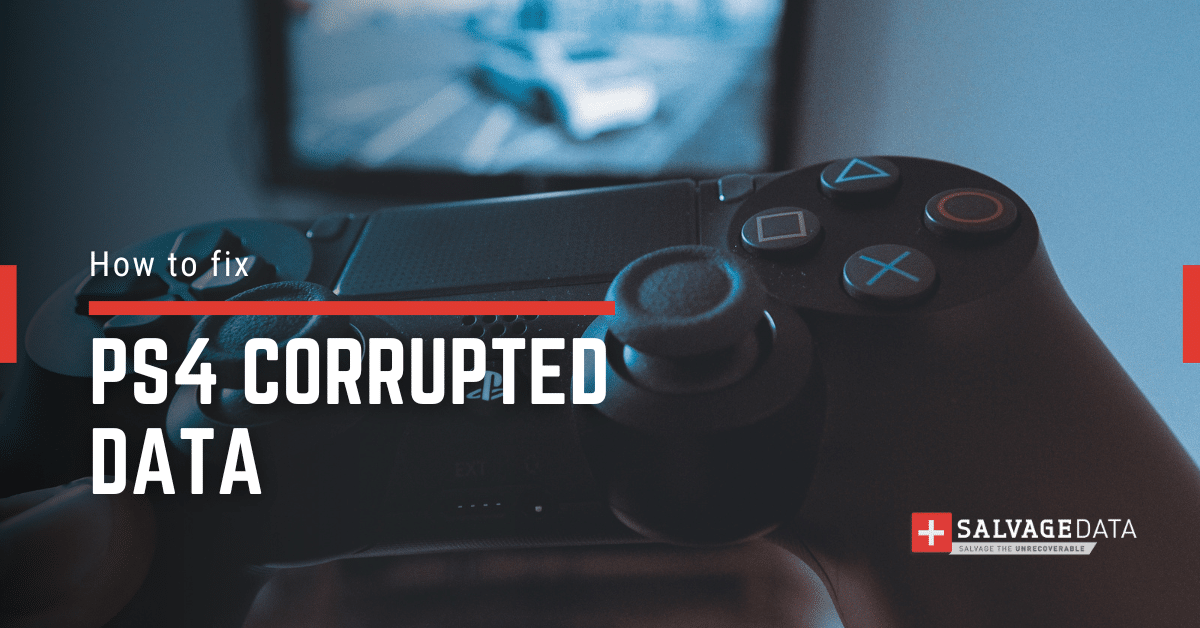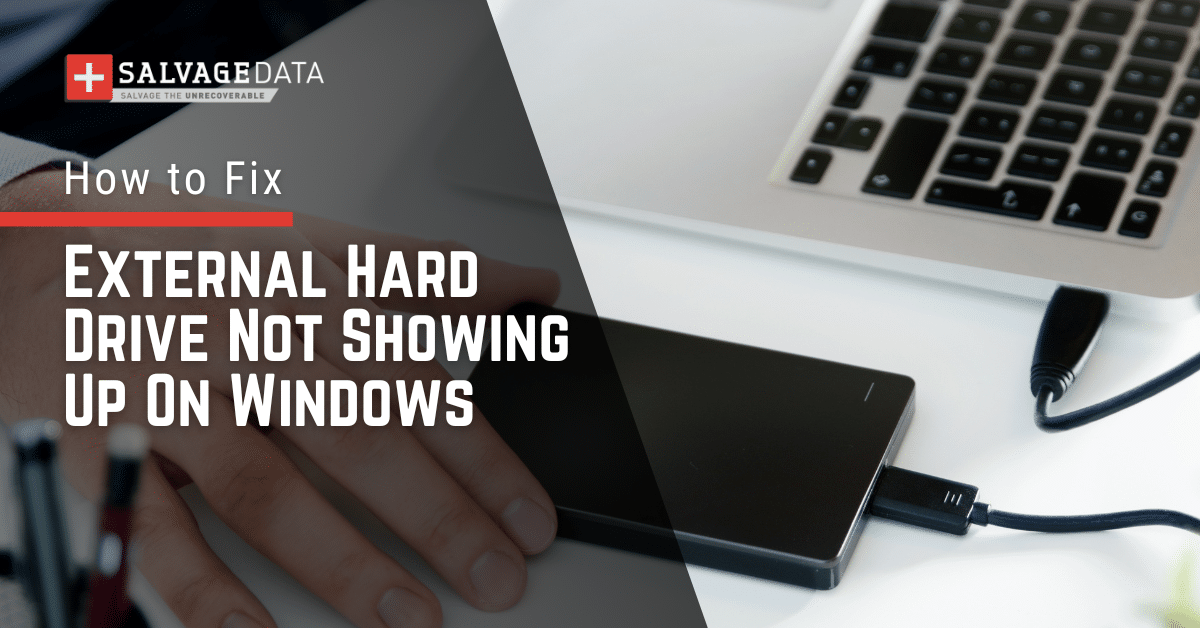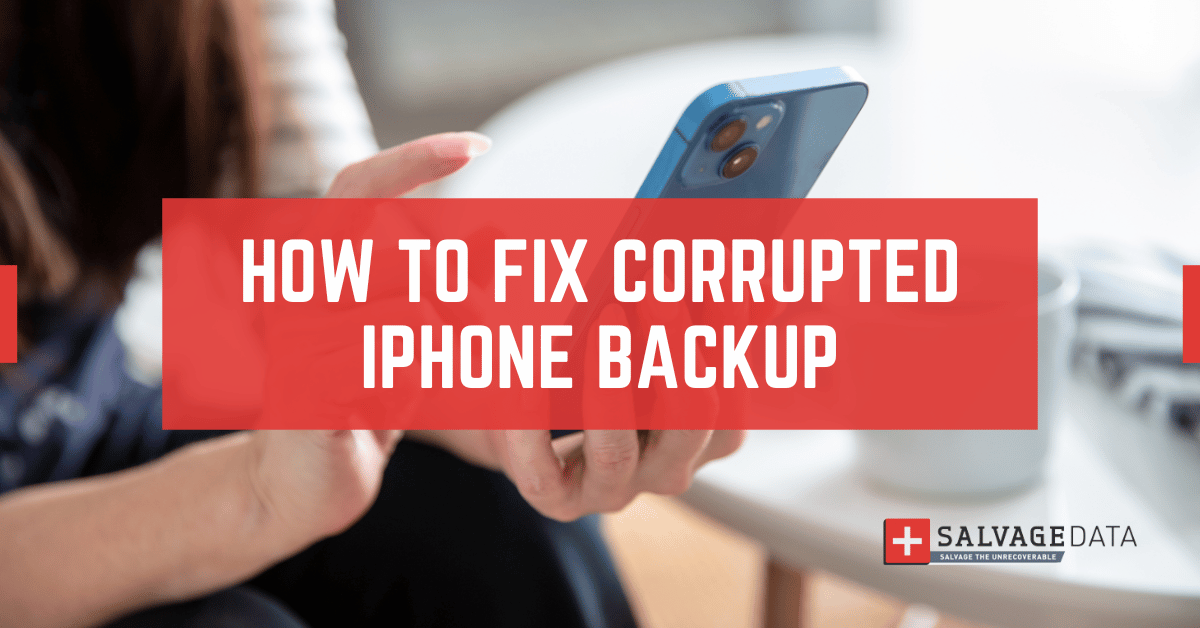Recent Articles
Quickest Mobile Data Recovery Case: 100% of Data Recovered in One Hour
How to fix a corrupted database on PS4
How to Troubleshoot Black or Blank Screens in Windows
LockBit Ransomware: A Comprehensive Guide to the Most Prolific Cyber Threat
How To Use iPad Recovery Mode
How to Prevent Overwriting Files: Best Practices
External Hard Drive Not Showing Up On Windows – Solved
How to Fix a Corrupted iPhone Backup
Backup and Remote Wiping Procedures
Common VMware Issues and Troubleshooting Solutions

I think there's an issue with my storage device, but I'm not sure Start a free evaluation →
I need help getting my data back right now Call now (800) 972-3282
Enjey Crypter is a type of ransomware that encrypts your files and demands a ransom to decrypt them. This ransomware is particularly dangerous because it uses a strong encryption algorithm, which makes it very difficult to decrypt your files without the decryption key. Attackers spread Enjey Crypter Ransomware through email attachments and malicious websites.
History
Enjey Crypter Ransomware was first discovered in December 2016. Since then, attackers have used it in several attacks. In May 2017, they used Enjey Crypter in an attack on the San Francisco Municipal Transportation Agency. The agency had to shut down its computer systems for several days while they recovered from the attack.
Protection
There are a few things you can do to protect yourself from Enjey Crypter Ransomware and other types of ransomware:
– Keep your operating system and software up to date. This will help patch vulnerabilities that attackers can exploit to deliver ransomware.
– Be cautious when opening email attachments. If you receive an attachment from someone you don’t know, or if the attachment seems suspicious, don’t open it.
– Don’t click on links in email messages unless you’re sure they’re legitimate.
– Use a reputable antivirus program and keep it up to date. Antivirus programs can detect and remove ransomware.
How does Enjey Crypter work?
When Enjey Crypter encrypts your files, it uses strong encryption algorithms. The only way to get the decryption key is to pay the ransom. The attackers usually demand payment in Bitcoin, which is a type of cryptocurrency.
Once Enjey Crypter Ransomware has encrypted your files, it will display a ransom note that instructs you on how to pay the ransom. The note will also give you a deadline for payment. If you don’t pay the ransom within the specified time, the attackers may threaten to delete your decryption key, which would make it impossible to decrypt your files.
What encryption algorithms does Enjey Crypter use?
Enjey Crypter uses the RSA and AES encryption algorithms. These are both very strong encryption algorithms. RSA is a public-key cryptography algorithm that is used in many types of systems. AES is a symmetric-key cryptography algorithm that is used in a variety of systems, including file encryption.
How much is the ransom?
The ransom amount varies depending on the attack. In some cases, the attackers have demanded a few hundred dollars in Bitcoin. In other cases, the attackers have demanded more than $1,000 in Bitcoin.
What types of files does Enjey Crypter encrypt?
This ransomware will encrypt a variety of file types, including documents, images, and videos. The ransomware will add the .enjey extension to the encrypted files.
What should you do?
If you’re infected with Enjey Crypter Ransomware, your best option is to restore your files from a backup. If you don’t have a backup, you can try using a data recovery program. These programs can sometimes recover files that ransomware has encrypted. However, they’re not always successful.
Your other option is to pay the ransom. We do not recommend this because there’s no guarantee that the attackers will give you the decryption key even if you pay. There’s also no guarantee that the decryption key won’t be leaked online, which would allow anyone to decrypt your files for free.
How to remove Enjey Crypter?
If you’re infected with this ransomware, you should take immediate action to remove it from your system. Once Enjey Crypter is on your system, it will start encrypting your files right away. This means that you have a very limited time to remove it before your files are encrypted.
There are a few ways to remove Enjey Crypter:
– Use an anti-malware program: Anti-malware programs can scan your system for Enjey Crypter Ransomware and other types of malware, and remove them.
– Use a ransomware removal tool if one is available.
– Restore your files from a backup: If you have a backup of your files, you can restore them after you remove Enjey Crypter Ransomware.
Is there a public decryption tool?
At this time, there is no public Enjey Crypter decryption tool.
Use a recovery software
You can always try data recovery software to restore your data. We built SalvageData data recovery software to help you.
Contact a data recovery service
If you don’t feel comfortable recovering your files on your own, you can contact a data recovery service.
SalvageData ransomware data recovery services are designed to help you get your data back. We offer a free evaluation so that you can see if we can recover your data before you make a decision. We have a no-risk policy, which means that you don’t pay unless we’re able to recover your data.
Contact us right now to get started with your free evaluation.













